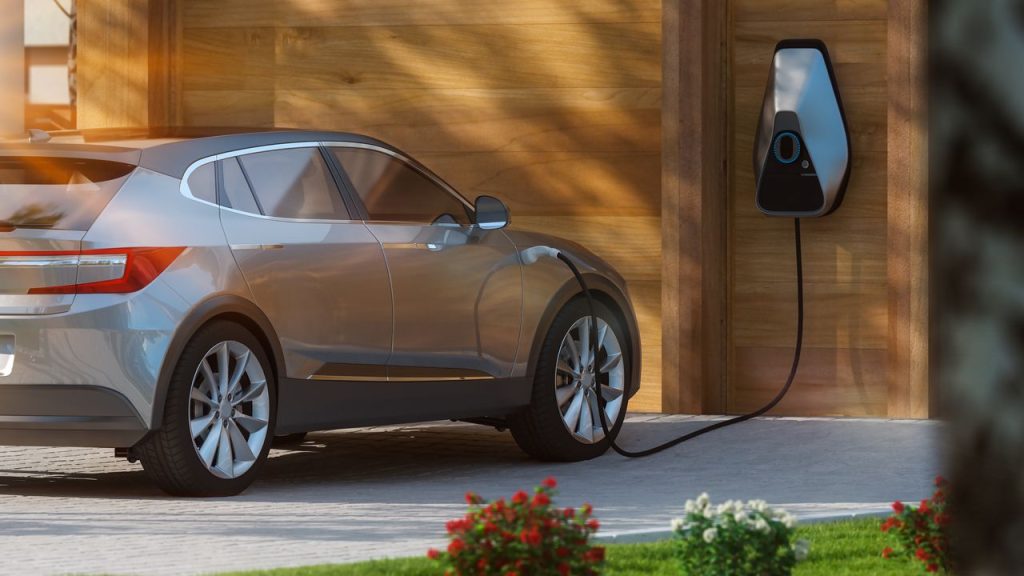“`html
Electric Vehicle Charging at Home: Options and Considerations
So, you’ve made the leap and purchased an electric vehicle. Congratulations! Now, one of the most convenient aspects of owning an EV is the ability to charge it right at home. Let’s explore the different options and considerations for residential charging.
Charging Plug
When it comes to charging your electric vehicle at home, the first thing you need to consider is the type of charging plug you have. Most EVs come with a standard Level 1 charging plug that can be plugged into a regular household outlet. This is the slowest way to charge your vehicle but can be a good option for overnight charging.
If you’re looking for faster charging speeds, you may want to invest in a Level 2 charging plug. This typically requires a 240-volt outlet and can significantly reduce charging times compared to Level 1 charging.
Residential Charging
Residential charging for your electric vehicle can be a game-changer in terms of convenience. No more trips to the gas station or waiting in line at public charging stations. With a charging station at home, you can simply plug in your EV whenever it’s convenient for you.
Consider the location of your charging station. It’s best to install it in a place that is easily accessible and close to where you park your vehicle. You may also want to think about the length of the charging cable to ensure it reaches your car without any issues.
Home Charging Safety
When setting up your home charging station, safety should be a top priority. Make sure to follow all manufacturer instructions for installation and use. It’s also a good idea to have a licensed electrician check your electrical system to ensure it can handle the additional load of charging an electric vehicle.
Always use a dedicated circuit for your charging station to prevent overloading and potential hazards. Keep the area around the charging station clear of any obstructions and make sure the plug and cable are in good condition to avoid any safety risks.
Conclusion
Charging your electric vehicle at home is not only convenient but also cost-effective in the long run. By considering the type of charging plug, the location of your residential charging station, and prioritizing safety, you can enjoy the benefits of owning an EV without any hassle.
“`


